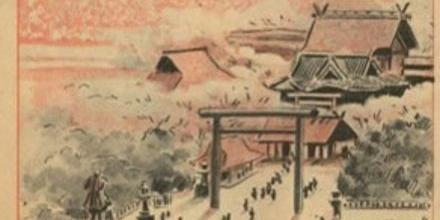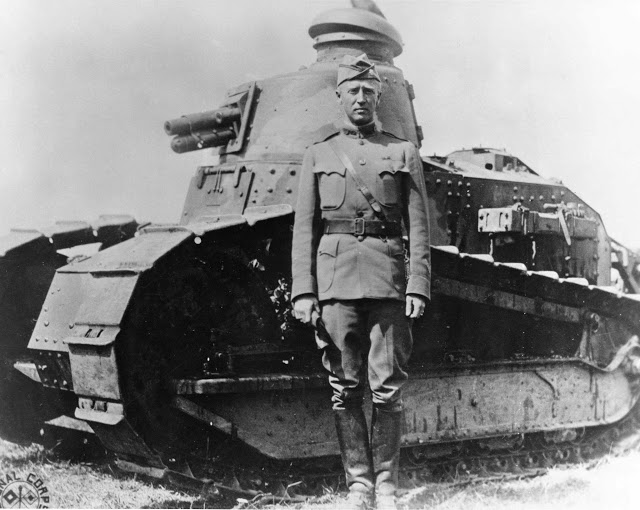WikiAnswers – What are the names of famous poets in World War 2: “Dannie Abse, Drummond Allison, Kenneth Allott, Brian Allwood, Kingsley Amis, John Arlott, John Atkins, W.H. Auden, Donald Bain, Peter Baker, George Baker, John Bayliss, Samuel Beckett, Martin Bell, William Bell, Sir John Betjeman, Laurence Binyon, Edmund Blunden, David Bourne, Jocelyn Brooke, George Bruce, Basil Bunting, John Buxton, Norman Cameron, Roy Campbell, Demetrios Capetanakis, Charles Causley, Stephen Coates, Alex Comfort, Robert Conquest, Herbert Corby, Timothy corsellis, Nancy Cunard, Ralph Nixon Currey, Idris Davies, Cecil Day Lewis, Paul Dehn, Patric Dickinson, Walter de la Mare, H.D., Keith Douglas, Ronald Duncan, Lawrence Durrell, Clifford Dyment, T.S. Eliot, William Empson, Gavin Ewart, James Farrar, Iain Fletcher, G.S. Fraser, Roy Fuller, Ronald Gant, Wrey Gardiner, Robert Garioch, David Gascoyne, John Gawsworth, W.S. Graham, Robert Greacen, Robert Graves, Geoffery Grigson, Bernard Gutteridge, Stephen haggard, Charles Hamblett, Michael Hamburger, John Heath-Stubbs, Hamish Henderson, James Findlay Hendry, Geoffrey Holloway, John Jarmain, David Jones, Sidney Keyes, James Kirkup, Philip Larkin, Laurie Lee, John Lehmann, Denise Levertov, Alun Lewis, Maurice Lindsay, Emanuel Litvinoff, Christopher Logue, Herbert Lomas, Edward Lowbury, George MacBeth, Norman MacCaig, Hugh MacDiarmid, Sorley MacLean, Louis MacNeice, Charles Madge, H.B. Mallalieu, John Manifold, Alfred Marnau, John Masefield, Ronald Mathias, Christopher Middleton, A.A. Milne, James Monahan, William Montgomerie, Nicholas Moore, Edwin Morgan, Edwin Muir, Norman Nicholson, Leslie Norris, Kathleen Nott, Mervyn Peake, Ruth Pitter, William Plomer, Hugh Popham, Roy Porter, Paul Potts, Ezra Pound, Frank Templeton Prince, John Pudney, David Raikes, Kathleen Raine, Arnold Rattenbury, Sir Herbert Read, Alistair Reid, Keidrych Rhys, Edgell Rickword, Anne Ridler, Lynette Roberts, Micheal Roberts, W.R. Rodgers, Alan Rook, Alan Ross, J.M. Russell, Anthony Rye, Vita Sackville-West, Sagittarius, Derek Stanley Savage, Vernon Scannell, Francis Scarfe, Alexander Scott, Tom Scott, Edith Joy Scovell, George Scurfield, Howard Sergeant, Edward Shanks, John Short, C.H. Sisson, Dame Edith Sitwell, Montagu Slater, Stevie Smith, Sydney Goodsir Smith, Muriel Spark, Bernard Spencer, Richard Spender, Sir Stephen Spender, Derek Stanford, Gervase Stewart, Patience Strong, Hal Summers, Julian Symons, Tambimuttu M.J, Dylan Thomas, Ronald Stuart Thomas, Frank Thompson, Terence Tiller, Ruthven Todd, Henry Treece, John Waller, Vernon Watkins, Victor West, Johnathan Wilson, George woodcock, David Wright, Peter Yates, and Douglas Young”
“War”, one of the seminal poems of World War II. In it, Langland recalls quiet,ly mourning in a barracks in France when he learned that his brother was killed fighting at Luzon in the Philippines. “Buchenwald, Near Weimar” recounts Langland’s experience of seeing mass graves and starved survivors at the Buchenwald concentration camp”



 (1943 – 2015) was an American poet. his first book, “The Lost Pilot” (1967), for publication in the Yale Series of Younger Poets. “The Lost Pilot” deals with an event that Tate turned into a foundational myth: When he was 4 months old, his father crashed while flying a mission over Germany. The two never met; instead Tate wrote, in the title poem, imagining his father as a pilot orbiting the earth year after year:
(1943 – 2015) was an American poet. his first book, “The Lost Pilot” (1967), for publication in the Yale Series of Younger Poets. “The Lost Pilot” deals with an event that Tate turned into a foundational myth: When he was 4 months old, his father crashed while flying a mission over Germany. The two never met; instead Tate wrote, in the title poem, imagining his father as a pilot orbiting the earth year after year: